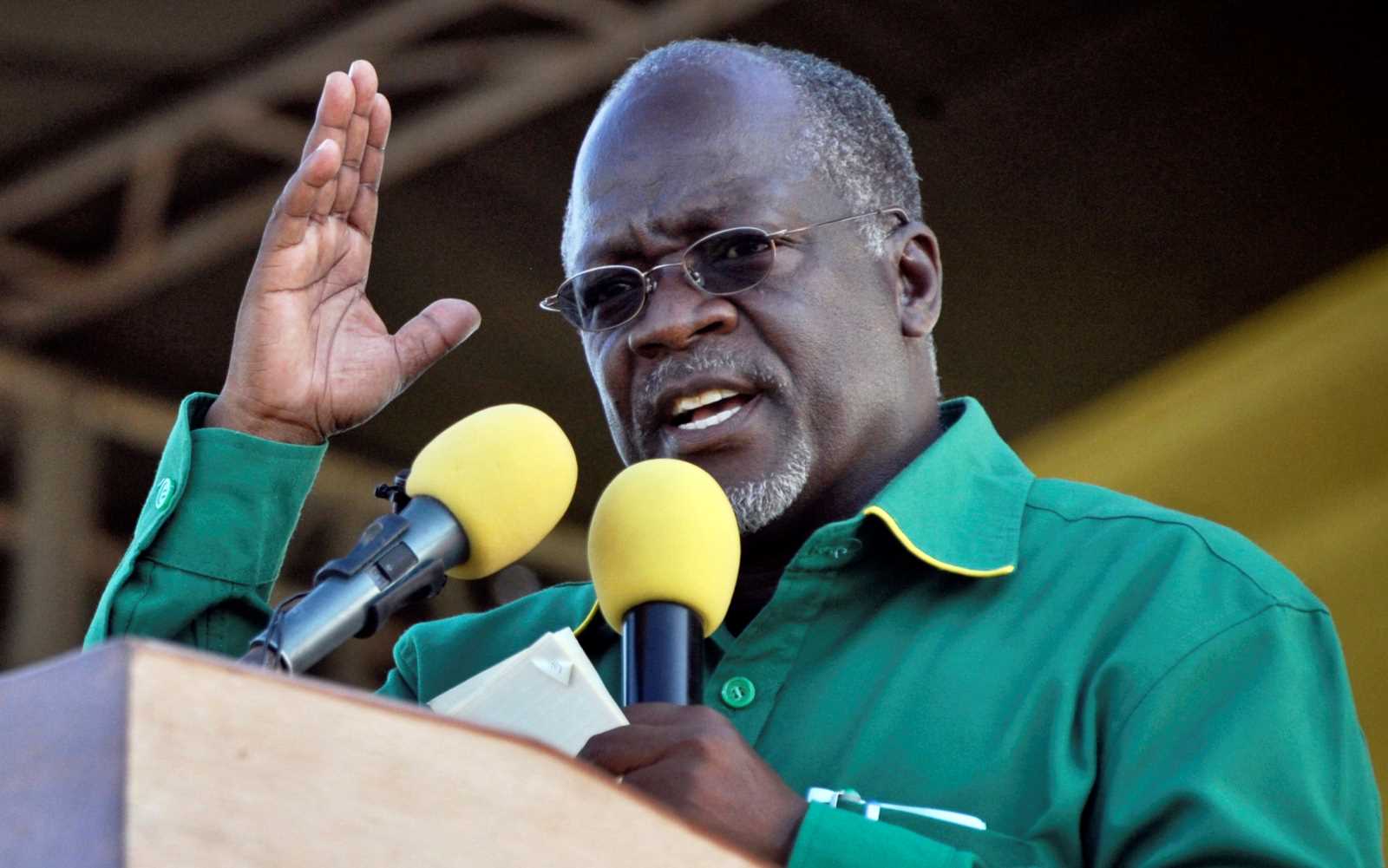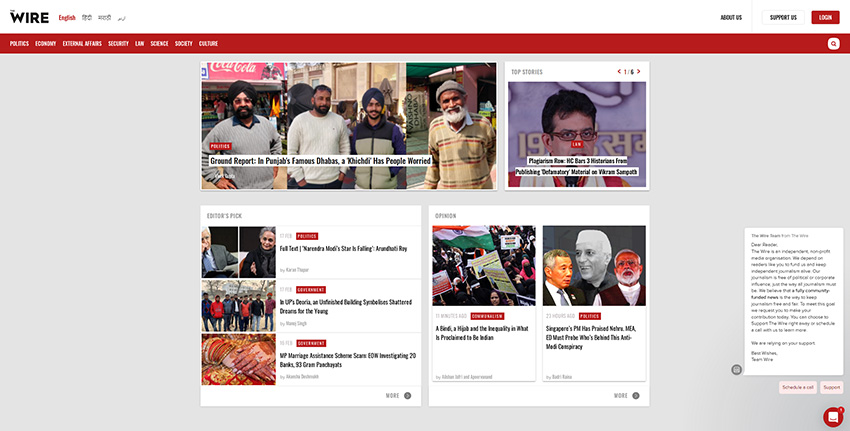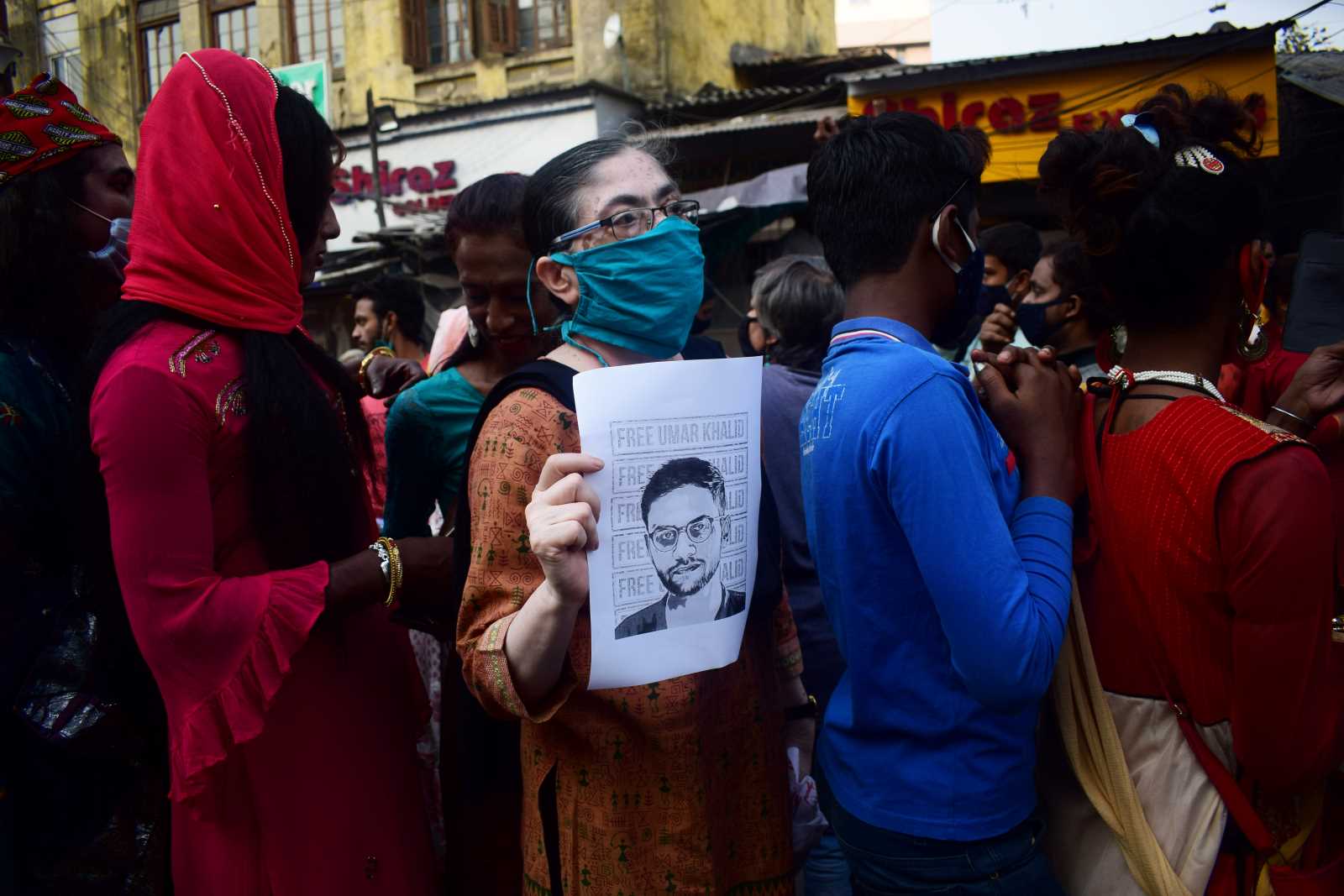Why Modi did not want Rajan to stay central-bank governor
Rajan is a former chief economist of the International Monetary Fund and a professor at the University of Chicago. He became the head of the Reserve Bank of India in late 2013 and has won praise for fighting inflation. On his watch, it dropped from more than nine to less than six percent.
It was generally expected that the Indian government would reappoint him for another two years after three years in office. This is the convention that has been established over the past decades. It makes sense to grant central-bank managers a sense of job security since it is generally accepted that they need some independence. Setting interest rates is a difficult job. Government agencies and powerful private-sector corporations know what interest rates serve them best. To ensure price stability, however, the central bank must focus on how the economy as a whole is growing, not on what would please a certain minister or business leader.
Rajan is a fiercely independent intellectual. To some prominent members of the BJP, Prime Minister Narendra Modi’s ruling party, he is far too independent. Subramanian Swamy, a member of parliament, recently accused him of being “mentally not fully Indian” and even “wilfully wrecking” the economy.
The background is that some people believe that Indian growth rates would be higher if interest rates were lower. Rajan, however, argues that lower interest rates would lead to faster rising prices which would hurt the economy as a whole and negatively affect poor people in particular, since their incomes normally do not rise in line with inflation. Rajan has also pointed out that higher inflation is good for businesses with considerable debts, since inflation means that the real value of debt is reduced.
This issue matters very much. Rajan had announced that he wanted India’s state-owned banks to clamp down on bad loans. In India, bad debt is all too often not repaid, but forgiven and forgotten. This practice amounts to crony capitalism of the worst kind. The banks are state-owned, and they fund supporters of the government without reclaiming the public funds they disburse. In political terms it would be quite disruptive to break with this practice, but it would make economic sense, boost democracy and reduce unfair advantages of a privileged few.
Had Prime Minister Modi approved of Rajan’s stance, he would have declared a while ago that his term would be extended. That Modi did nothing to indicate support for Rajan when the RBI governor was being criticised by BJP leaders shows that he did not want the economist to stay on. Rajan got the message and declared he is leaving.
The truth is someone like Rajan goes against the grain of Modi’s populist ideology. Populism – as defined by Jan-Werner Müller, a political scientist – means to promote an imaginary, romantic idea of nationhood and to dispute the legitimacy of anyone who does not support that idea. Populists claim to represent the normal people and protect them against all sorts of special interests. In this perspective, there can be no divergence of interests within a nation. There are only corrupt elites and abusive minorities who team up to exploit the people. This notion is unrealistic because conflicts of interest are evident within any community. Nonetheless, populist nationalism can prove a very powerful ideology.
The Modi variety of populism defines India as a Hindu nation that is being held back by Muslims and other minorities, as well as by disagreement and tensions among Hindus. In this view, everyone who does not fully endorse Modi is a traitor, and anyone who discusses diverging interests of employers and workers, for example, is only promoting harmful dissent. If you believe Modi’s rhetoric, India is set to become a splendid Hindu superpower if only he and his party are allowed to promote Hindu unity and get at grip on traitors, dissenters, minorities et cetera. What the nation needs, according to this ideology, is not reasoned debate and a search for compromise, but a strong leader who enforces his will.
From the BJP perspective, someone like Rajan is thus a dangerous opponent who does not deserve to hold public office. Indeed, Rajan explicitly told Indian students last fall: “India’s tradition of debate and an open spirit of inquiry is critical for its economic progress.” Everybody understood that he was referring to the oppressive attitudes of the Modi government. Rajan also emphasised “the right to question and challenge” as well as “the right to behave differently so long as it does not hurt others seriously.”
Rajan thus promotes values of liberalism and pluralism. The values fly in the face of the right-wing populism Modi represents.
It is time for the international media to wake up to Modi’s true politics. He has a history of making some pro-business statements, and many western journalists, especially those from the financial press, have a track-record of considering him a liberal reformer. They celebrated his election victory two years ago, but have been increasingly expressing regrets that he is not liberalising the economy as they think he should. Modi, however, is not interested in economic models. He is interested in political power.
In an effort to distract from the Rajan affair and placate international investors, Modi’s government has announced the liberalisation of direct foreign investment (FDI). This decision may sound spectacular, but the issue matters much less than the one of bad loans. An inflow of funds, moreover, is likely to boost, not hurt, the prime minister’s power in the short term. The liberalisation of FDI is not a matter of economic principles. It is politically convenient.
To judge Modi’s liberal credentials, foreign observers should assess how Modi handles minorities and critics in civil society. They should always remember the violent anti-Muslim riots that rocked the state of Gujarat when he was chief minister there. True liberalism is not only about the freedom to invest. Even more fundamental are human rights, including the freedom of speech, and democratic dissent. All this is anathema to Modi’s right-wing populism, and that should be obvious to anyone who cares to take a close look.













